Winter Tires vs. All Season Tires
The choice between winter and all-season tires might seem like a clear-cut choice, but is it, really?
There are a lot of reasons why a person considers their tires on their vehicle. For many of us drivers, it’s simply getting safely and securely from Point A to Point B. Others may be looking for a more performance-oriented driving experience.
Considering the differences between the two types of tires, the different performances they provide, and when they are best for use will help drivers make the right choice for them.
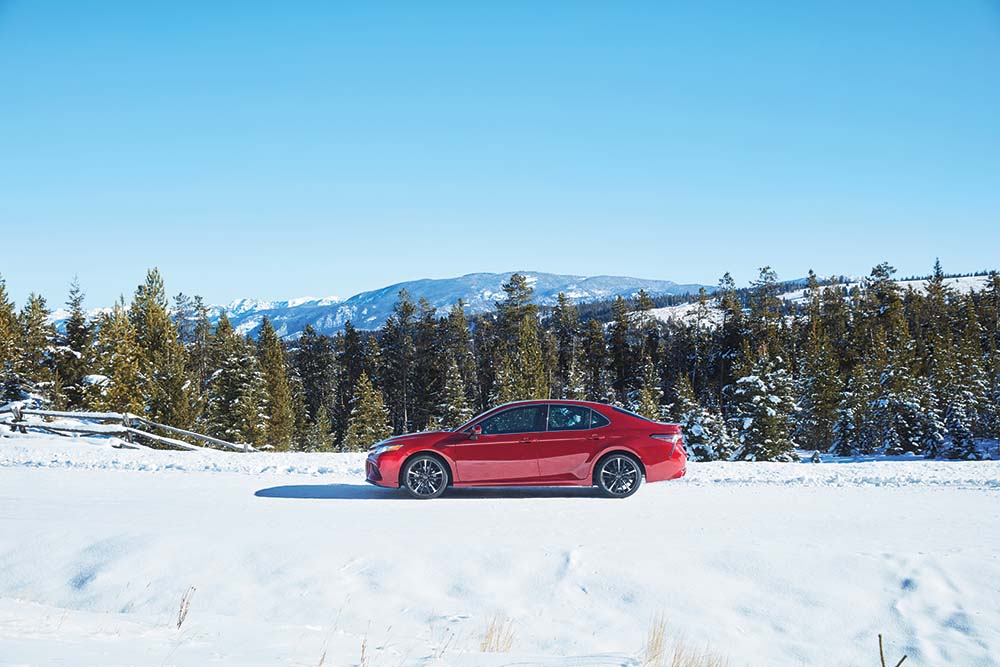
What is the Difference Between the Two Types of Tires?
It comes down to two factors – tread, and composition.
As far as tread goes, all-season tires have fairly deep tread grooves. They usually feature a symmetrical tread pattern that is useful in rain, light sleet, and snow. It funnels the water away from the center of the tire, keeping rubber in contact with the road. The tread patterns are unique, and the tread depth is deeper overall. Winter tires also include many more biting edges across the tread and the outside edges of the tires as well.
Then there is the composition of the tires. All-season tires are made of a compound that stays flexible and grippy most of the year. It operates well in a wide range of temperatures and is just as serviceable at 80 degrees as it is at 40 degrees. Winter tires use a rubber compound that’s designed to remain flexible at extremely low temperatures, well into the teens. However, that ability doesn’t do well at higher temperatures, where heating up the tire can damage it.

What are the Pros and Cons of All-Season Tires?
All-season tires do offer more control in the cold winter months than, say, performance tires. And they do this while offering durability in the summer months. This means you don’t need to take them off as the weather warms up, unless you want to put on those super-sporty performance treads. They’re even solid in the wet months, as the treads help to avoid hydroplaning the damp spring months and summer storms.
However, in prolonged periods of ice and snow, all-season tires won't offer consistent performance. As the tires harden up at lower temperatures, they won’t offer as much friction between the rubber and the icy or snowy surface, meaning your vehicle won’t be able to lay down all the power it has, or provide the control you desire.

What are the Pros and Cons of Winter Tires?
Winter tires take the cold-weather abilities of those all-season tires and turn them up! The tread compound in winter tires has been developed to remain flexible, even if you’re dealing with weeks on end of below-freezing temperatures. The treads themselves are different, with deeper grooves and sharper, more erratic patterns than the all-season tires. These treads channel snow and slush to the outside of the tires, where deep shoulder grooves send it outwards. Hundreds of straight, horizontal or angled biting edges allow the tires to dig into the snow and even bite into ice to prevent slippage, allowing even the most powerful supercars to remain composed under the snowiest conditions. Winter tires offer improved braking and handling in the snow and ice as well.
Of course, this focused performance means that, outside of those poor winter weather months, these tires are not the best choice. In warm weather and on warmer asphalt, when there is high friction and very little moisture, that rubber compound that stays flexible in the cool temperatures will wear down at an accelerated rate, and chew through those tires fast. Winter tires should last you up to 4 seasons if changed regularly, but you may only get a single season if you try and run them year-round.
Winter tires are also tough on the roads. The deep biting treads will do the same thing to smooth asphalt as they do to smooth ice – dig into them. This can wear down the roads as well as the tires. They also create more rolling resistance in the warm months, which can lead to higher costs at the fuel pumps. Finally, they don’t offer great handling, and compromise cornering, braking and acceleration in higher temperatures.
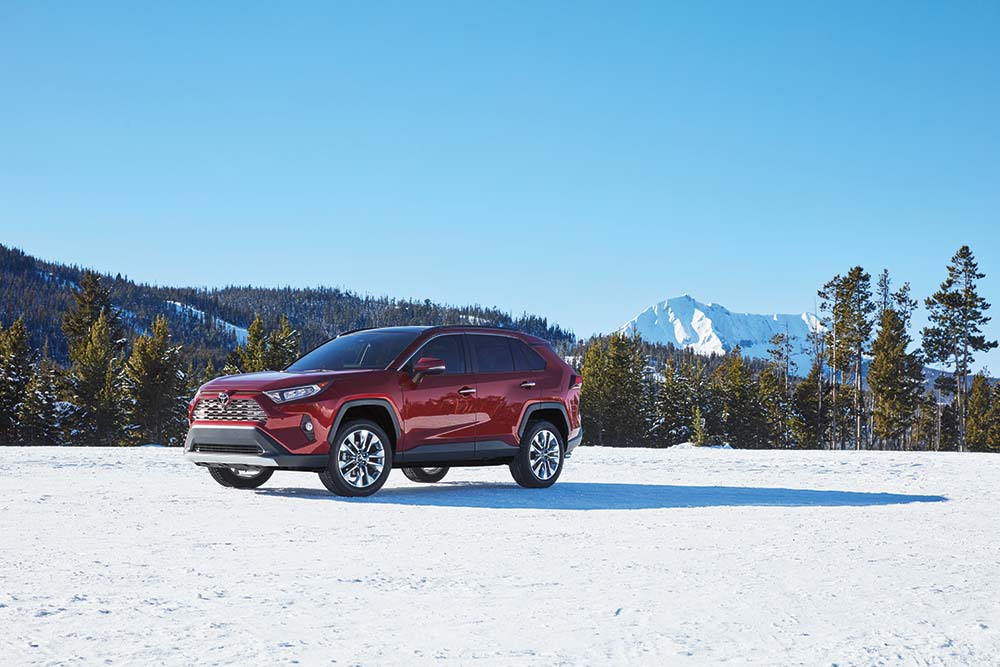
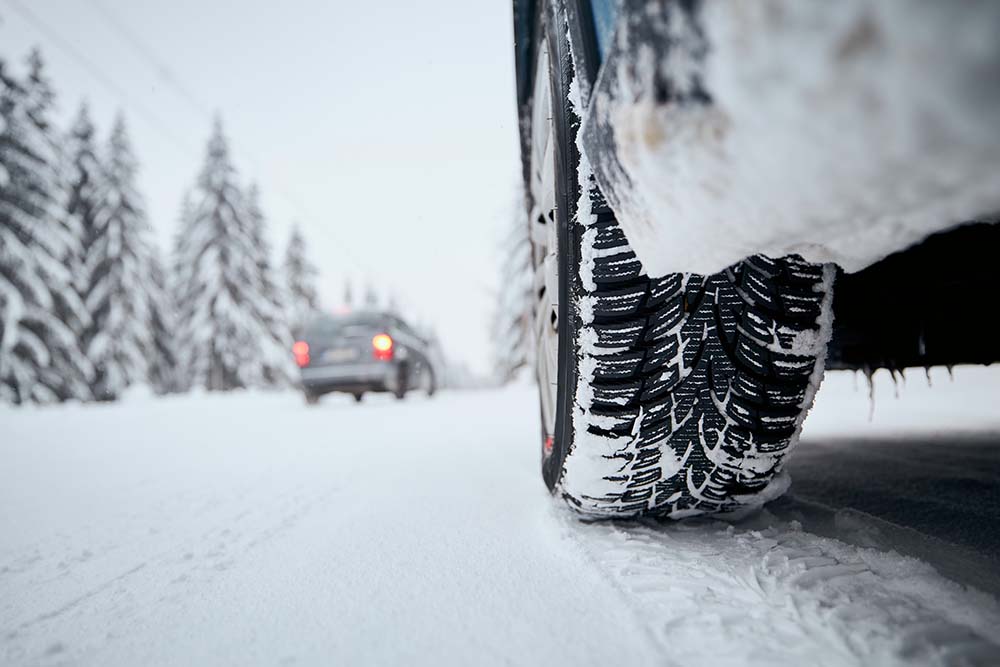
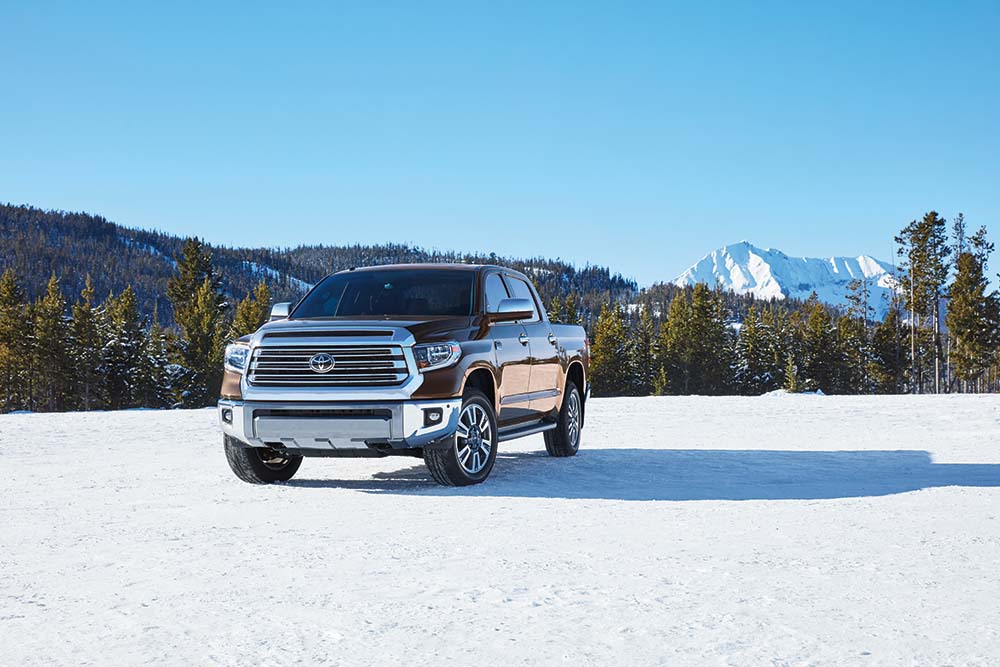
What’s the Best Choice for Me?
Choosing the right type of tire is important to get the most out of your ride.
Do you live in an area with no real winter where temps stay above 45 degrees Fahrenheit for 95 percent of the year, or one with moderate temperatures and limited winter precipitation? All-season tires are your best bet.
If you live in an area where you have months of freezing temperatures but limited precipitation? Having winter tires to put on during a week or two of ice and snow is a good idea, but you should be able to get by with all-season tires.
Are you seeing feet of snow yearly, and not seeing black asphalt for months at a time because of snow and ice? Do you have snow-shoveling clothing and are used to having to get up early from November through February to clear out your car, truck, or SUV? You should go ahead and get a set of winter tires. We recommend having them mounted on a second set of steel or alloy wheels, so you can just pull off the summer or all-season tires and bolt on the new ones, saving hours of effort and avoiding a trip to the tire shops.
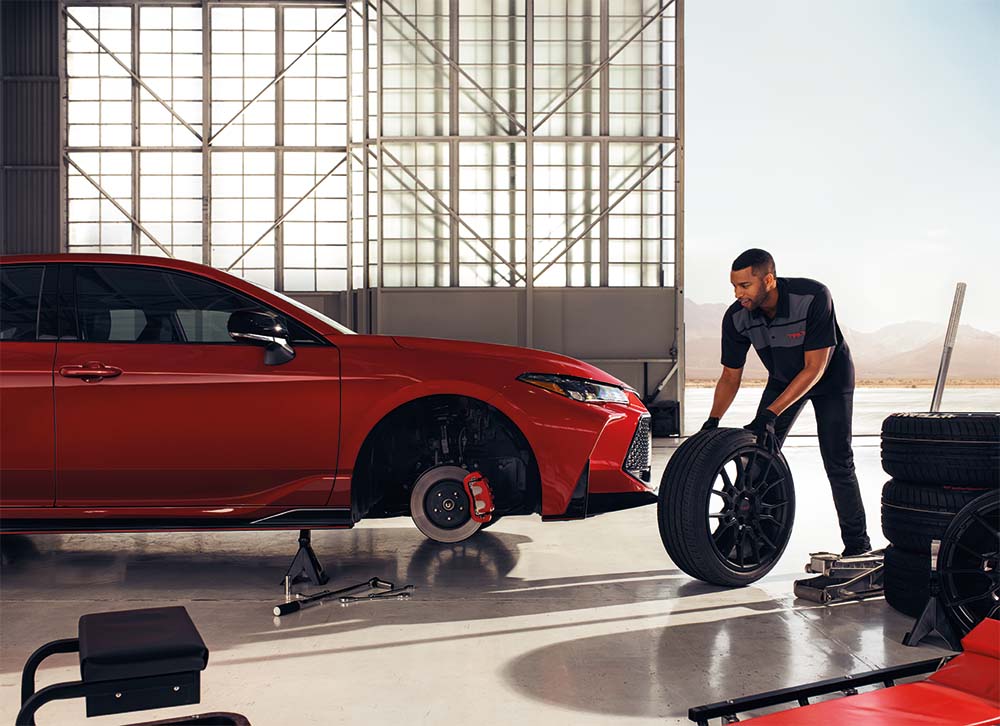
Matching up the right tires to your vehicle and situation isn’t hard. We at Bennett Toyota will have some recommendations for you and can help you get the right wheels for your needs. You can also check out one of the handy tools online that will help you fit the right winter tire to your car, truck, or SUV! Do you need to purchase winter tires? Need help installing them or switching to all season tires? Ready to visit our dealership? Contact our staff at Bennett Toyota and we’ll have you on the road in no time!

